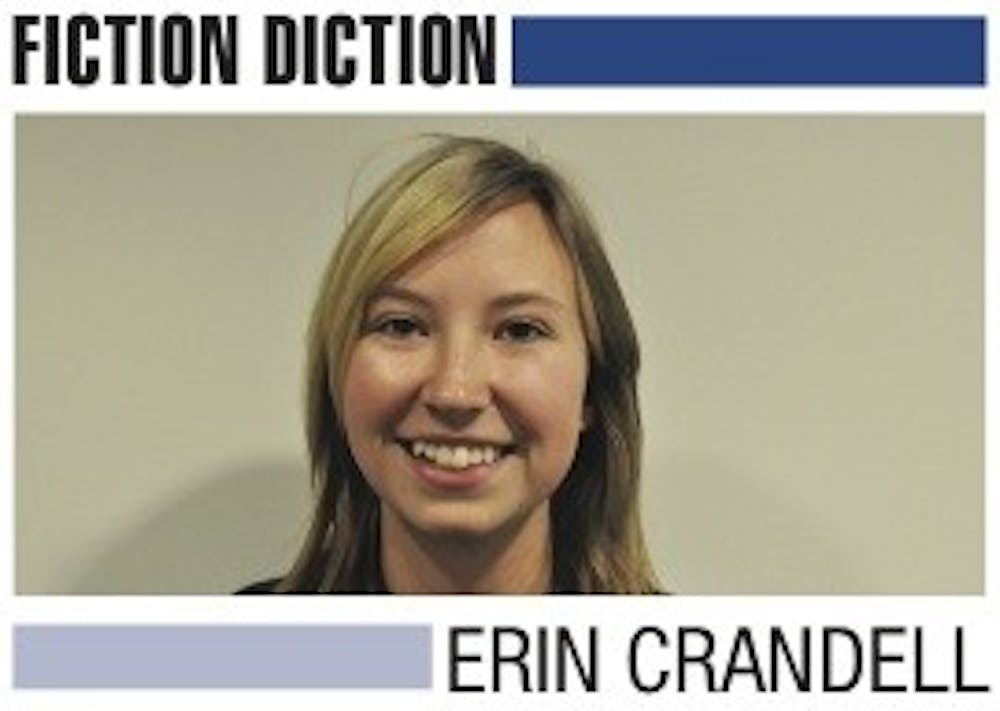I finished “Macedonia” by Harvey Pekar and am now thoroughly confused about the current state of the Balkan nations. Before reading this book, I only thought of Macedonia as “that country over Greece” or the birthplace of Alexander the Great. But I now realize that Macedonia has many of the same issues as countries such as Bosnia and Ukraine. Ethnic violence and power struggles are still major issues in Macedonia, though they have never erupted into civil wars. Harvey Pekar (creator of the critically celebrated “American Splendor”) investigates this political anomaly through the media of a graphic novel.
I first picked up this book because, as an International Relations major, the whole premise of investigating a peaceful country interested me. Also, the idea of having a book on peace and conflict studies in the form of a graphic novel was intriguing. I have enjoyed the few serious graphic novels that I have read — “Maus” and “Maus II” by Art Spiegelman are the first two that come to mind. I was always amazed at how graphic novels are able to transition a story into pictures. Remember, though, this is not a graphic novel on the same level as “Watchmen” or something similar — genius, but largely metaphorical. “Macedonia” was more biographical and political.
In this book, Harvey Pekar follows Heather Roberson (a student in Peace and Conflict Studies from UC-Berkley) through her investigation of the political situation in Macedonia. Shown with illustrations by Ed Piskor, the graphic novel has an ambitious goal, but in the end it fails to completely explain the political situation.
As a result, I left the book feeling more confused than I was at the start, mostly because of the very long sections of the book devoted entirely to summarizing the modern history of Macedonia. They were dry, hard to read and confusing. In fact, pages seven through 19 are Heather Roberson lecturing her boyfriend on Macedonian politics. It came to the point where I was sympathizing with the boyfriend as she rambled on and on.
I did find the general idea of Heather Roberson’s trip to Macedonia very interesting. The story follows Heather as she encounters the trials and tribulations of traveling overseas. There are the difficulties of miscommunication, getting ripped off as an American and getting lost in cabs (all of which I have experienced as a frequent traveler).
All in all, this was not the most interesting book I have ever read. However, I expect that if I had known more about Macedonia before I read this book I would have been less confused. My favorite part was the debate over the inevitability of war, which ran throughout the book. So much of our energy today is put into “peacekeeping” in zones of conflict, but does our presence ultimately create more conflict in these areas? So far there has been no conflict on the scale of Kosovo in Macedonia, which everyone is thankful for. But there are no guarantees that it has been put off indefinitely.
And get this ridiculous coincidence: the other day I went on a tour of Voice of America studios, and while I was waiting for the tour guide I wandered into a conference room where there was a TV interview of two men in very snazzy suits. As I sat awkwardly in the back, listening to this TV interview, which was obviously in a very foreign, possibly eastern European language, I contemplated the various advantages of working in a place where this happened on a daily basis. Finally the tour guide retrieved me and informed me that the men were the Vice President of Macedonia and his entourage.
Heather walked into Macedonia with a secure her belief that Macedonia was a success story, a NATO and UN joint task force project that did not blow up in their faces. In the end, though, Heather learned that everything is more complicated than it seems on the news, and the news often neglects to cover something as benign as peace. In a follow up to reading this book, I am looking into reading one of Joe Sacco’s graphic novels about Sarajevo, probably equally confusing and dark.
You can reach this columnist at thescene@theeagleonline.com.





